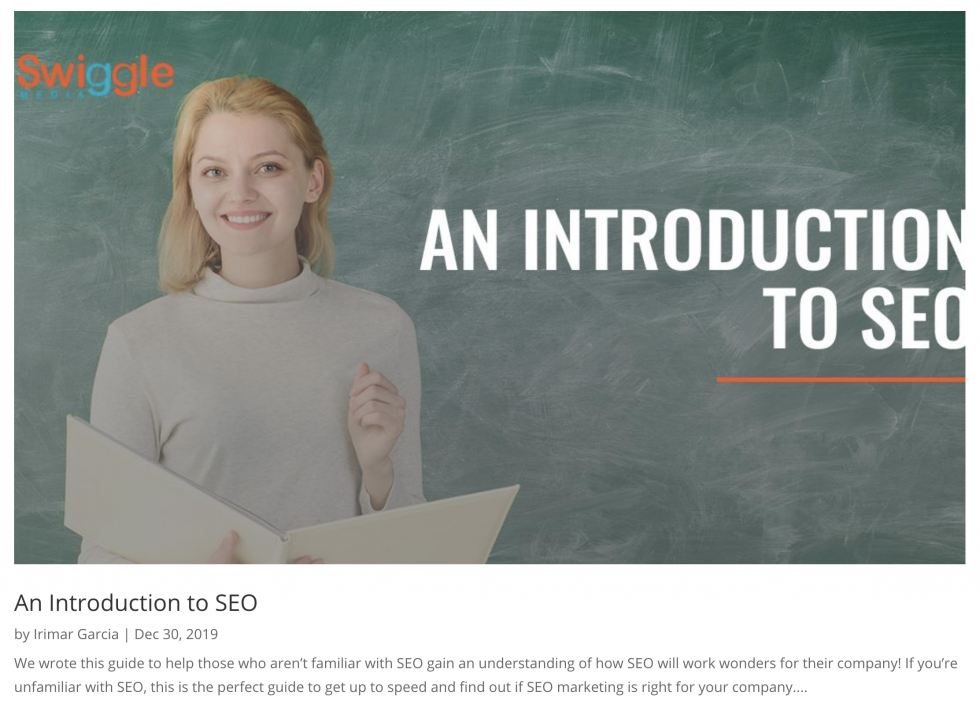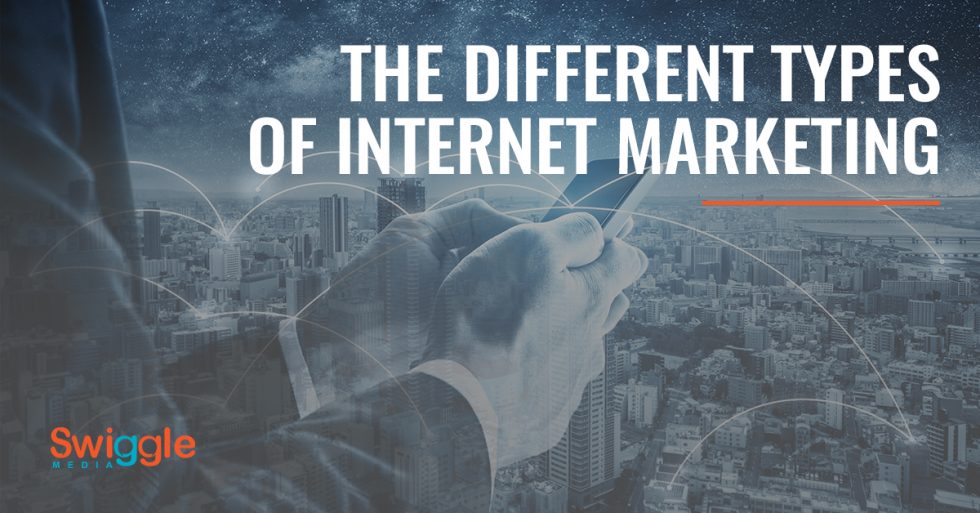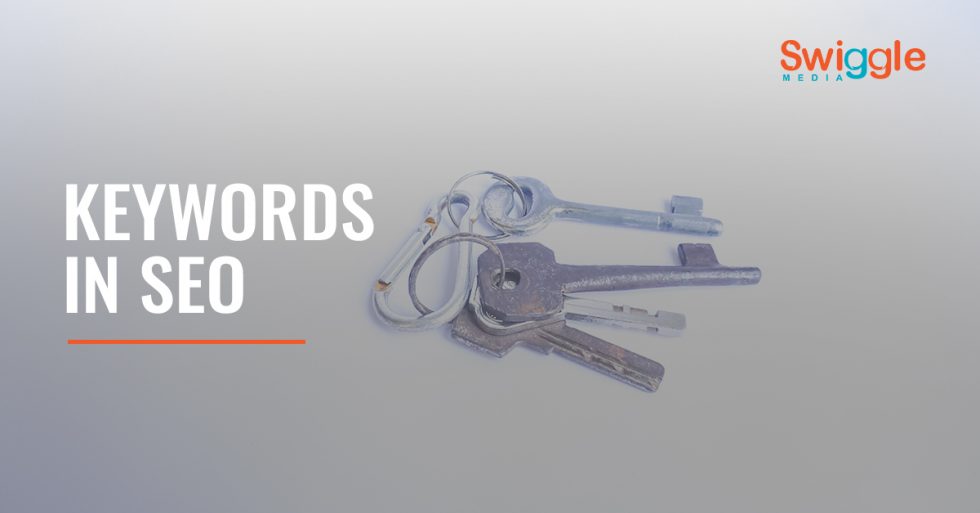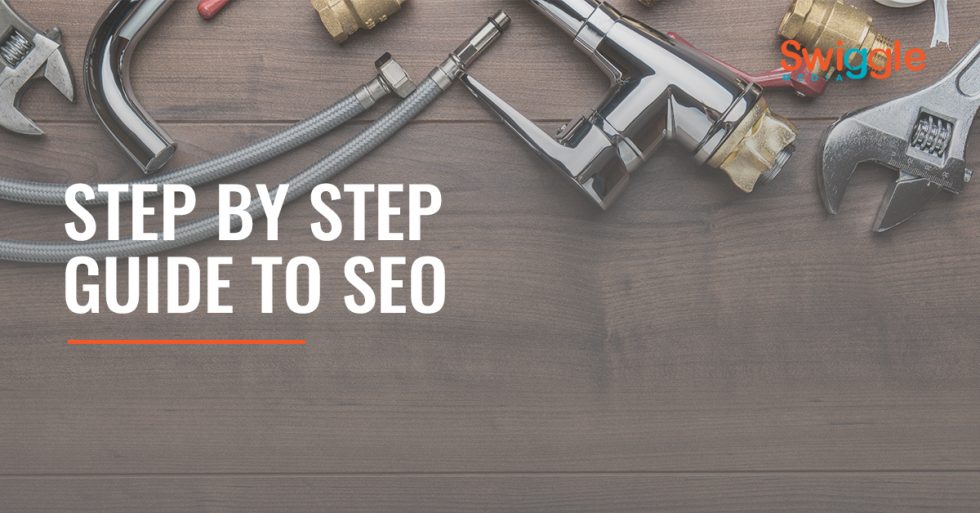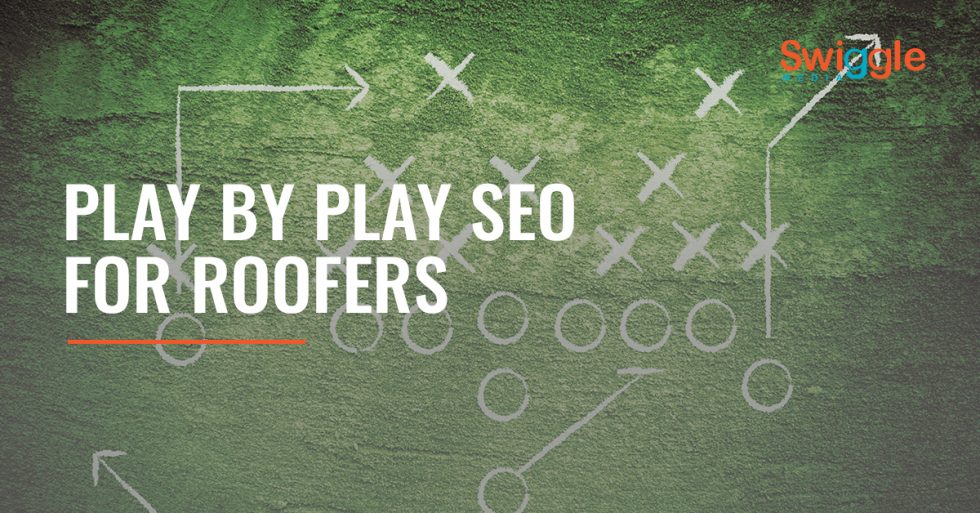We wrote this guide to help those who aren’t familiar with SEO gain an understanding of how SEO will work wonders for their company!
If you’re unfamiliar with SEO, this is the perfect guide to get up to speed and find out if SEO marketing is right for your company.
What is SEO?
“SEO” stands for Search Engine Optimization and it’s the practice of getting a website to obtain a higher ranking in search engines.
The whole point of ranking high in search engines is to be seen by those looking for your service, product, or information. If your website is one of the first few listed on sites like Google, Bing, or Yahoo, it will produce more traffic.
Compared to traditional marketing, the benefit of SEO is that it creates organic traffic, meaning users will come to your site naturally because they are actively seeking the information.
Let’s compare SEO to traditional marketing.
SEO
- Appear to targeted audiences
- Create free effortless organic traffic
- Create free effortless organic traffic
- Long-term results
Traditional Marketing
- Promote to untargeted audiences
- Put in effort and money to gain traffic
- Earn customers by luck
- Short lived costly results
SEO allows for a free flow of customers to your site without much effort but it can be very difficult to accomplish because of how SEO is constantly changing. It’s also gotten very competitive over the years because of how vital business owners are finding it for their online businesses. Often times it can take months (or even years) to start seeing results.
Despite this, search engine presence means more clients, sales, brand reach, and engagement. Ultimately, SEO means a free flow of customers to your business that allows exponential growth.
- ers say improving SEO and growing their organic presence is their top inbound marketing priority.
- Organic SEO is about 5.66 times better than paid search ads.
- 4 in 5 consumers use search engines to find local information.
Business owners are extremely busy and it can be overwhelming trying to add lead searching to that long list of tasks. With SEO, there is an automated, consistent stream of leads that frees up your time as a business owner to focus on other things.
How can SEO help me build my brand?
In order to use SEO to build a brand, a more holistic approach is needed. Unfortunately, SEO can get increasingly competitive in some spaces and can cause small diamond-in-the-rough websites to get lost in all the madness.
It’s nearly impossible to outrank websites of major brands like Coca-Cola, Walmart, or Apple.
This is where we like to get creative.
Building off organic channels that see a lot of traffic because of their popularity is a great way to get around the messy web of well-known sites and products.
- Big sites like Yelp are a great help to local businesses and it’s quick and easy to create a page that links back to your site.
- Views on Youtube can make users actively search for you.
- The more places your website link lives, the more direct traffic you’ll receive.
The whole concept behind these channels is to shift the focus from “ranking” your site, to exposing your site organically.
Here’s the kicker.
Search engines love brands, and so do users. If you’re shopping for running shoes and you see a result from Nike and The Shoe Store, which are you most likely to click? Brands hold a level of trust with customers which make them good for the search algorithm.
Small businesses just can’t compete with brands that are a house-hold name, but that doesn’t mean it’s impossible. We’ve been able to get local businesses to rank quickly without the type of exposure a search engine’s algorithm brings sites with high authority.
How do I get my website to rank?
Using Google as an example, there are algorithms put in place that are constantly evolving and changing to bring forth the best search results based on what other users have searched for, clicked on, and stayed dedicated to.
Google’s algorithms are highly intelligent and SEO has to evolve in order to figure out how this algorithm works and how to take advantage of it to rank your website.
Google’s algorithm uses different signals to rank websites such as:
- Location
- Keywords
- Search type; commercial, informational, or investigational
- Brand popularity
- Number of “links” pointing to your site
- Content quality
- Page loading times
- Mobile optimization
Just to name a few.
The purpose of these signals is to make sure that the user gets the most accurate answer in the shortest amount of time possible. Most users don’t get past the first page of Google, or even the first 5 results. SEO makes your website ranking get as close as possible to the top so that you’re one of the few search results that get seen by the potential consumer.
The issue is, Google’s algorithm is ever evolving and tracks the action of its users in order to better understand what it is they really want from a search in real time. Searcher satisfaction is Google’s top priority and their behavior can affect your ranking.
- How long did they stay on your site?
- Did they leave immediately, did they stay for awhile?
- Did they actually buy something?
This data is vital to the performance of the algorithm and has a huge effect on where your website ranks. SEO tries to analyze the behavior of customers to make your website one that Google believes should be on their front page.
What can I do to ensure that SEO will work?
All in all, SEO will work no matter what your website looks like, but all it’ll do is increase traffic. The quality of the content on your site is what makes the visitors that SEO brings in stay. If the content is of high quality, users will stay, explore, and potentially purchase from your site.
What’s more important than the quality of your site is the quality of the sites where you have representation.
When links are built on another site, their users potentially become your users. This is a quick way for small businesses to steer clear from the typical ranking tactics of SEO and into the more intricate organic approach.
We look at a number of factors before determining if a site is worth building links within:
- Social following
- Content quality
- Niche type
- Whether they accept link building
Once we find the right website, we strategically plant links to your content with their permission and suddenly, there is a brand new avenue for your website to be reached that isn’t 100% dependent on your ranking in a search engine.
SEO isn’t just about ranking your site on Google. It’s more about leading online traffic towards your website in as many avenues as possible.
In today’s online age, it’s vital for your business to have an online presence, even if your site is just the source of your contact information. The internet is a source of answers, and people are asking questions. SEO lets your business be someone’s answer.
